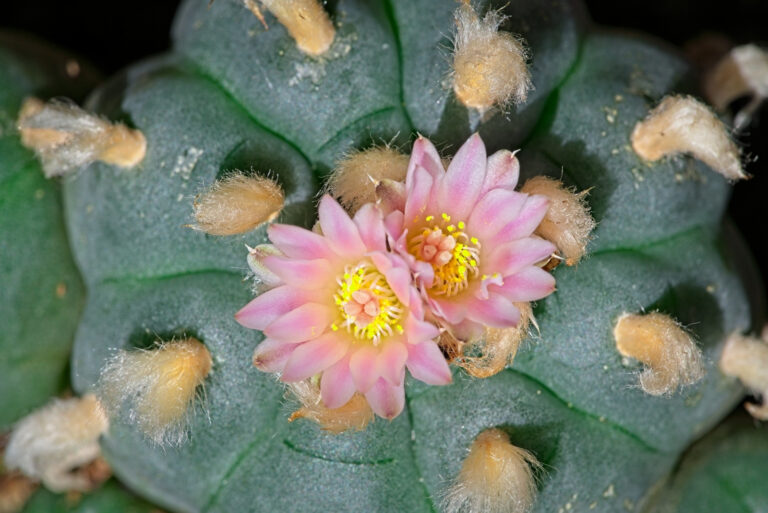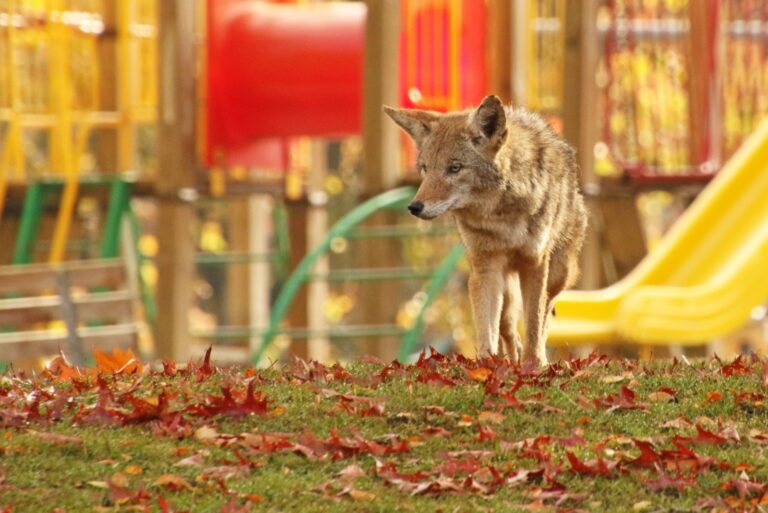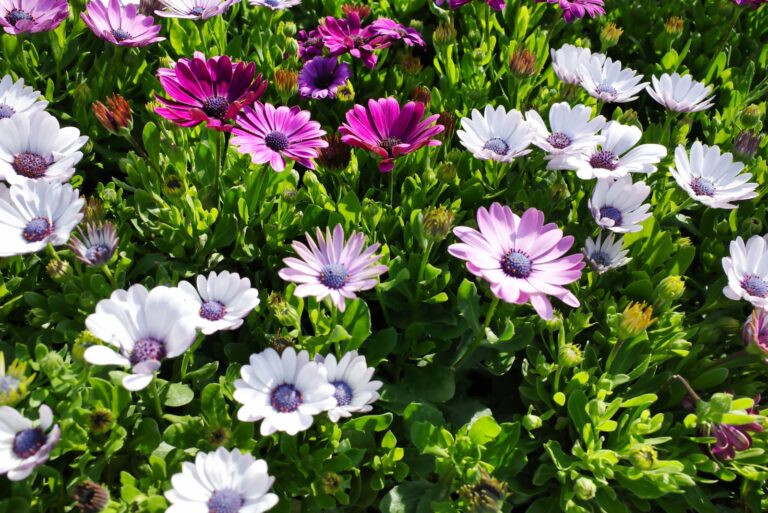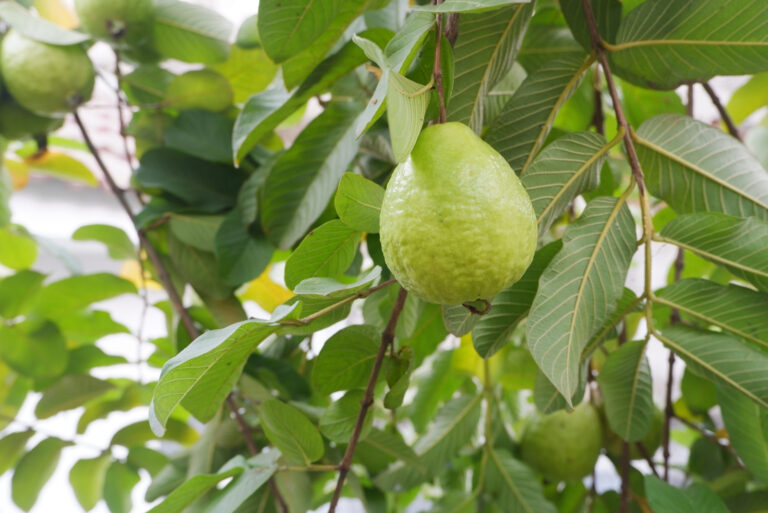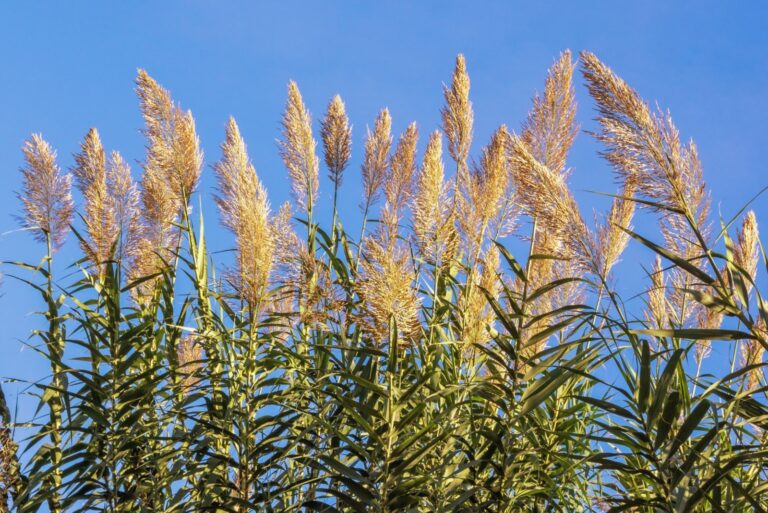10 Differences Between Soil Conditioner And Fertilizer In Illinois Lawns
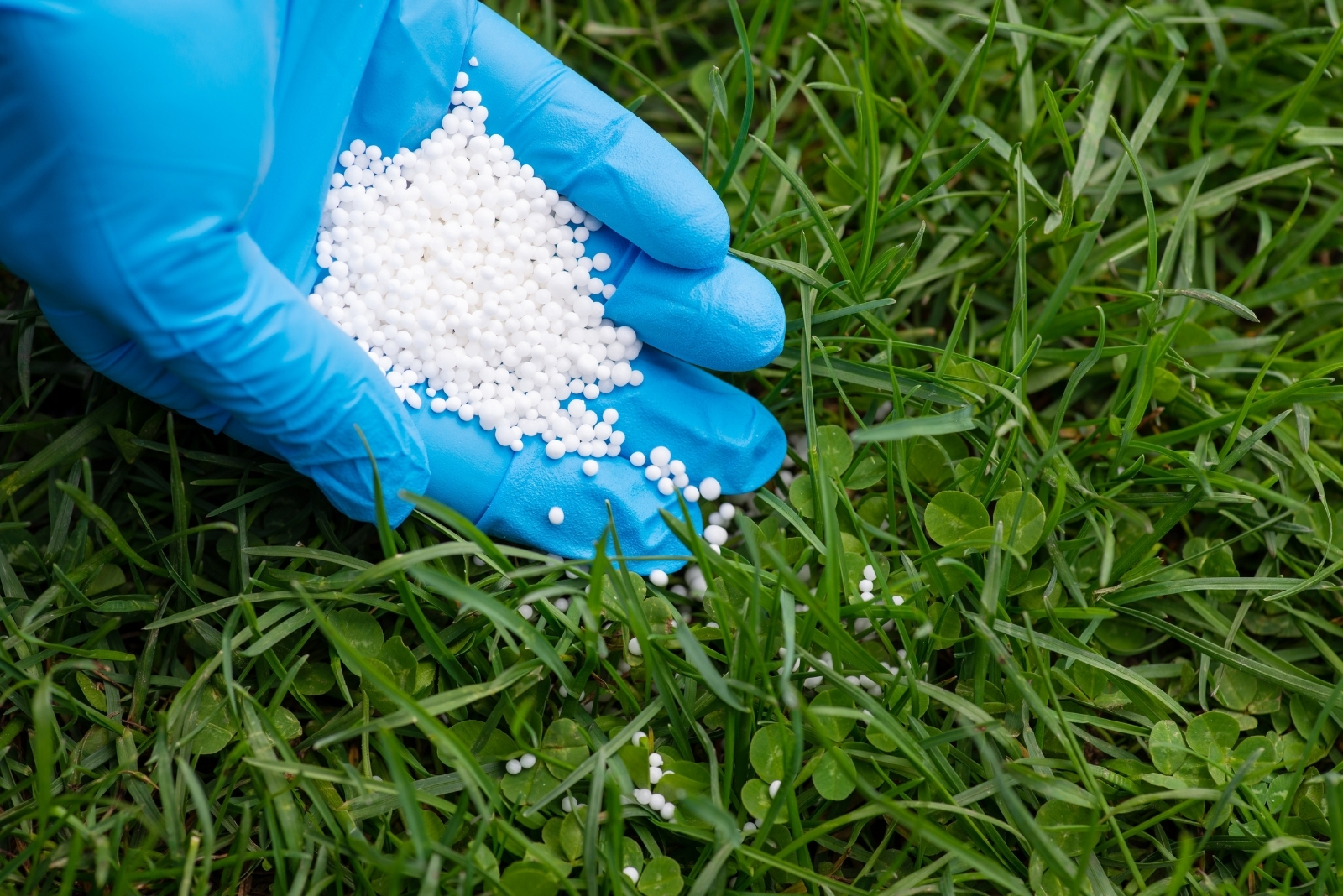
Illinois lawns can thrive when you know exactly what your soil needs. Soil conditioners and fertilizers might sound similar, but they serve very different purposes.
Choosing the wrong one can affect your lawn’s health and appearance. Here are 10 key differences every Illinois homeowner should know.
1. Primary Purpose and Function
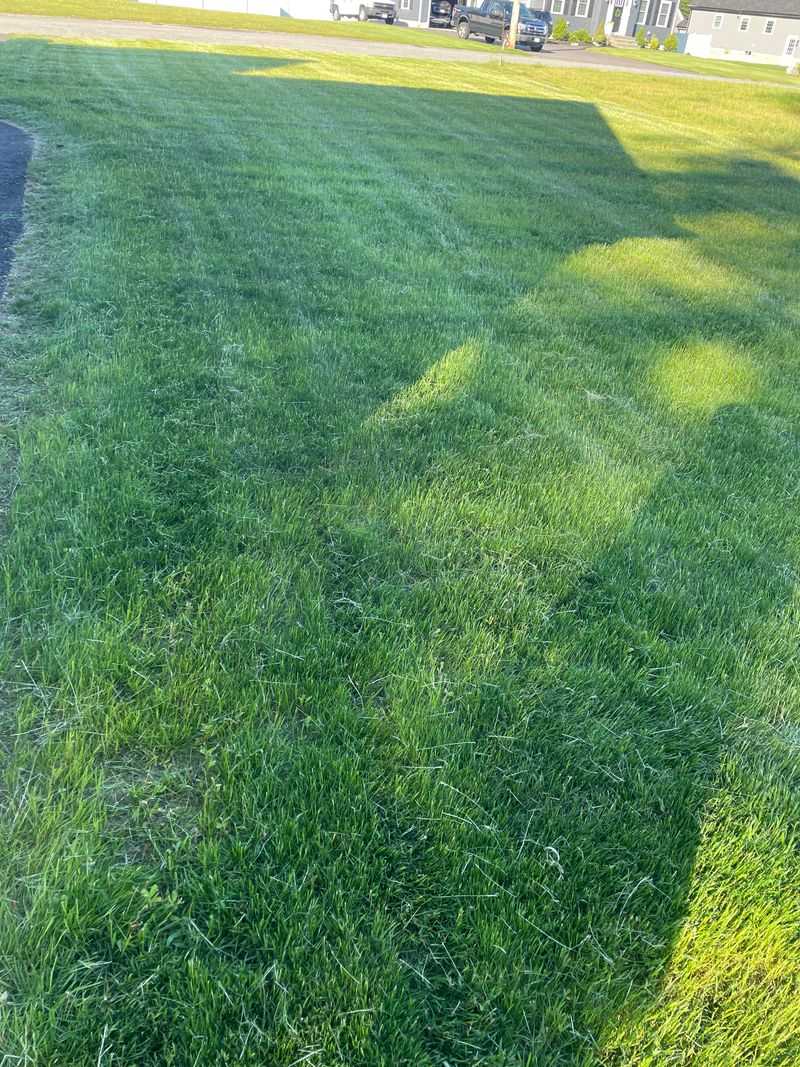
Think of it like this: one feeds your grass while the other creates a better home for it. Fertilizers deliver nutrients directly to your lawn, giving it the food it needs to grow thick and green across Illinois yards. They’re like a hearty meal for hungry grass.
Soil conditioners work differently by improving the actual dirt structure. They help clay-heavy Illinois soil drain better and sandy spots hold moisture longer, making it easier for roots to thrive.
2. Nutrient Content Differences
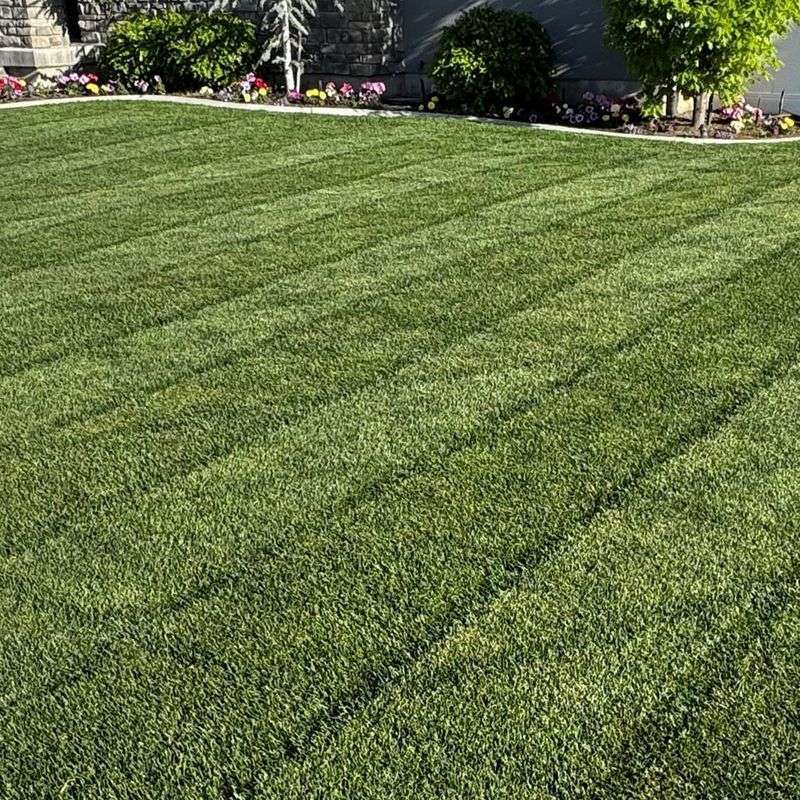
Here’s where things get interesting. Fertilizers pack a punch with nitrogen, phosphorus, and potassium—the big three nutrients your grass craves. You’ll see those NPK numbers on every bag, telling you exactly what’s inside for your Illinois lawn.
Soil conditioners? They’re not really about nutrients at all. Instead, they contain organic matter like compost or peat that enriches the soil environment. Some conditioners might have trace nutrients, but that’s not their main job in your yard.
3. Application Timing Requirements
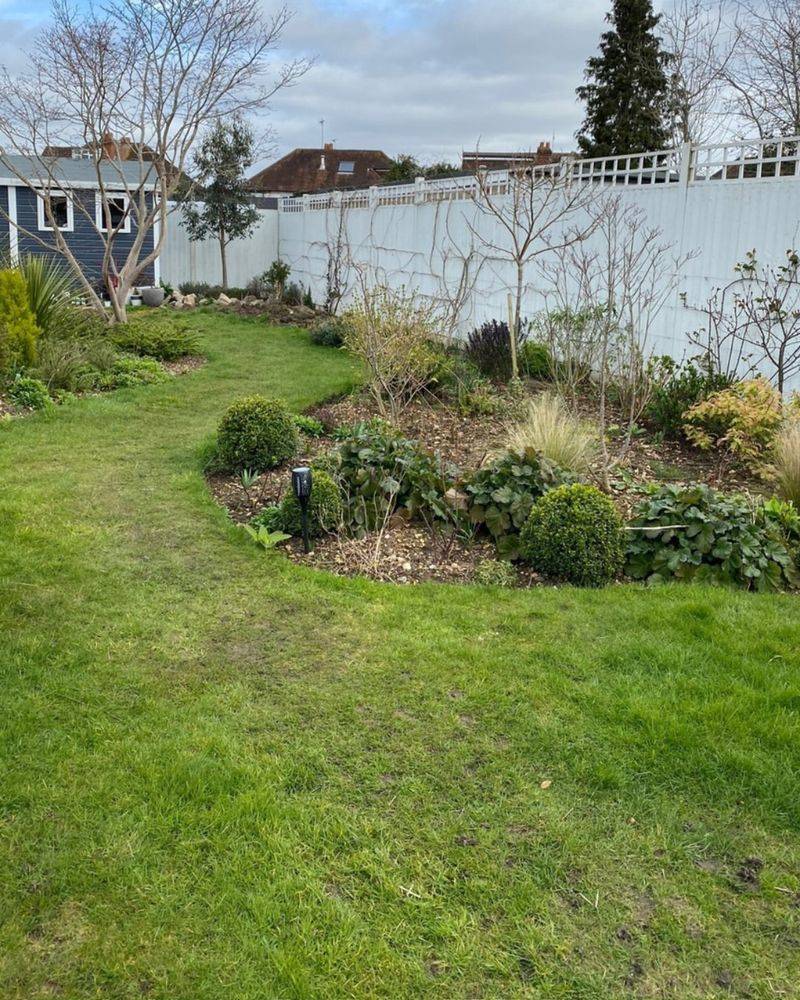
Timing matters more than you’d think! Most Illinois homeowners apply fertilizer during active growing seasons—spring and fall when grass is hungriest. You’ll want to avoid fertilizing during summer heat waves or winter dormancy.
Soil conditioners are way more flexible. You can spread them almost anytime in Illinois, though early spring or fall works best. They won’t burn your lawn if applied during summer, making them safer for year-round soil improvement projects.
4. Impact on Soil Structure
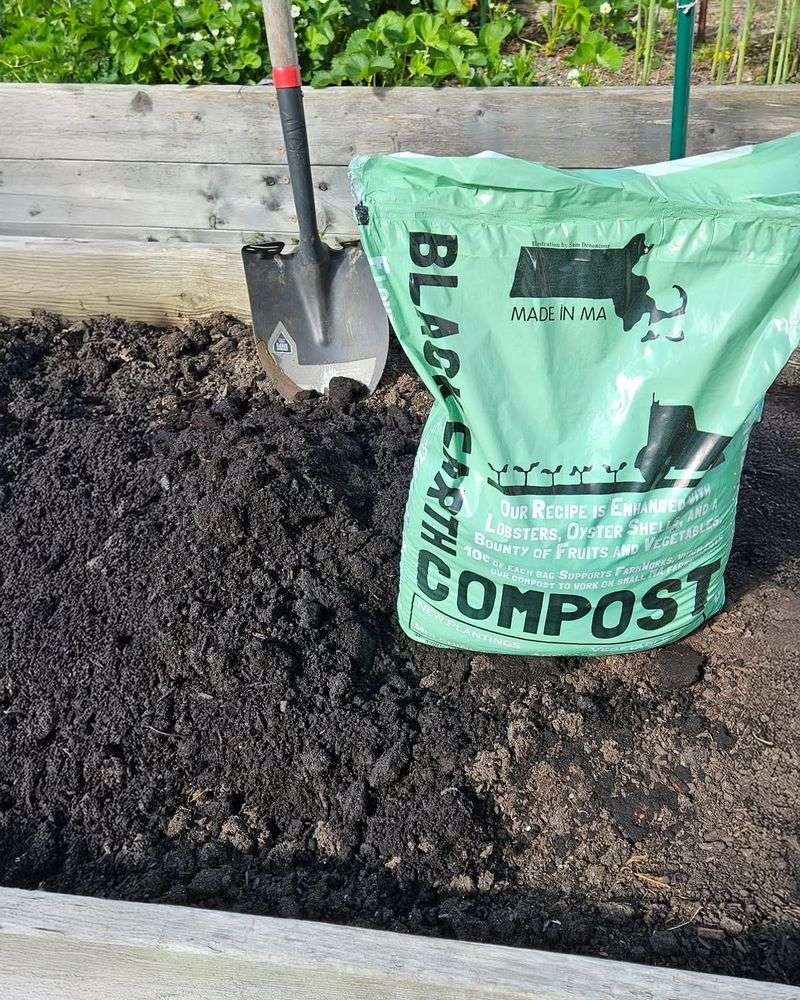
Fertilizers don’t really change how your soil feels or behaves. They dissolve into the ground, feeding plants without altering the physical makeup of Illinois dirt. Your clay stays clay, and sand stays sandy after fertilizing.
Soil conditioners are the real game-changers here. They break up compacted Illinois soil, improve air circulation around roots, and help water move through properly. Over time, they literally transform your soil’s texture and drainage capabilities.
5. Speed of Visible Results
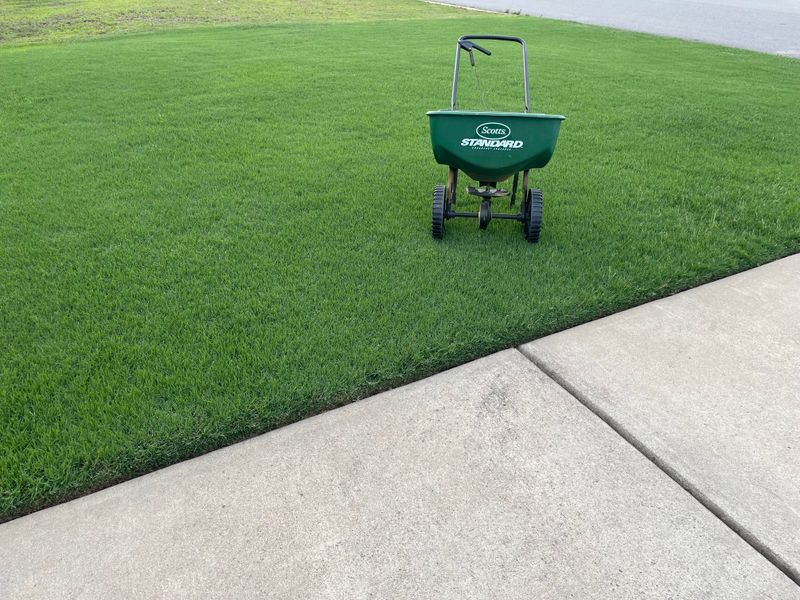
Want instant gratification? Fertilizer delivers faster results that you’ll notice within days or weeks. Your Illinois lawn will green up quickly, especially with nitrogen-rich formulas. It’s like watching magic happen right in your yard.
Soil conditioners play the long game. You won’t see dramatic color changes overnight in your Illinois grass. Instead, you’ll notice gradual improvements—better drainage, healthier roots, and overall lawn resilience developing over months or even seasons.
6. Cost and Investment Value
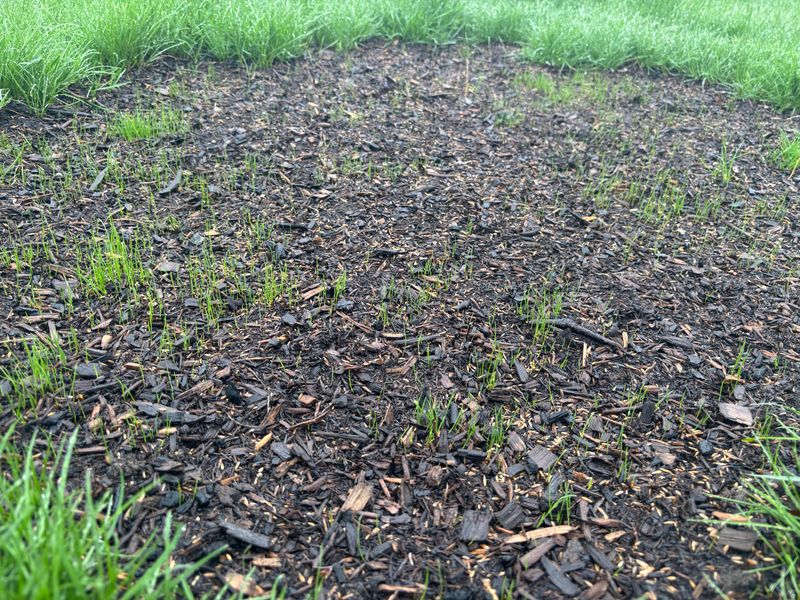
Fertilizer bags are usually cheaper upfront for Illinois homeowners. You’ll spend less per application, but you’ll need to reapply multiple times each growing season. Those costs add up when you’re treating your entire yard regularly.
Soil conditioners cost more initially but work longer. One good application can improve your Illinois soil for months or years. Think of it as investing in your lawn’s foundation rather than just feeding it temporarily.
7. Environmental Impact Concerns
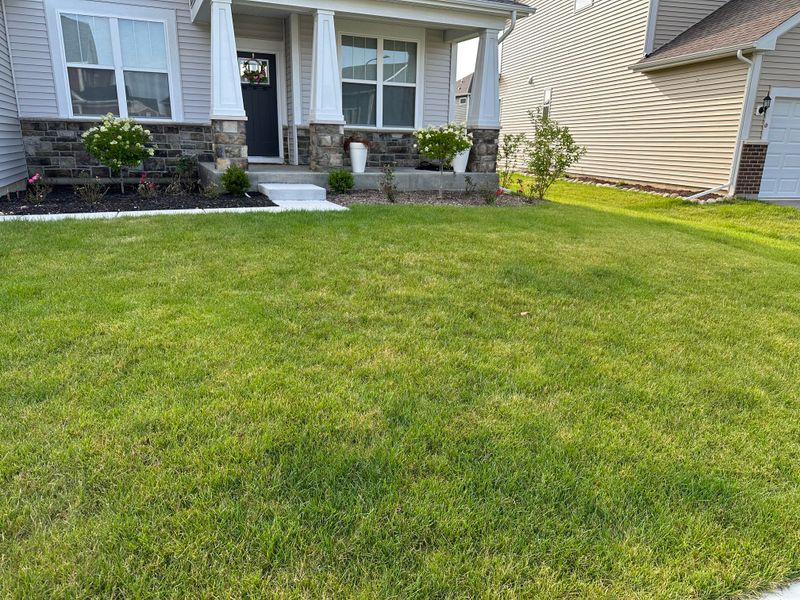
Fertilizers can cause problems if overused in Illinois. Excess nutrients wash into storm drains, eventually reaching rivers and lakes where they fuel algae blooms. Timing and proper amounts are crucial to avoid environmental damage.
Soil conditioners are generally gentler on Illinois ecosystems. They don’t leach chemicals into waterways as easily. Organic conditioners actually help soil retain nutrients naturally, reducing runoff and creating a more sustainable lawn care approach for your property.
8. Root Development Effects
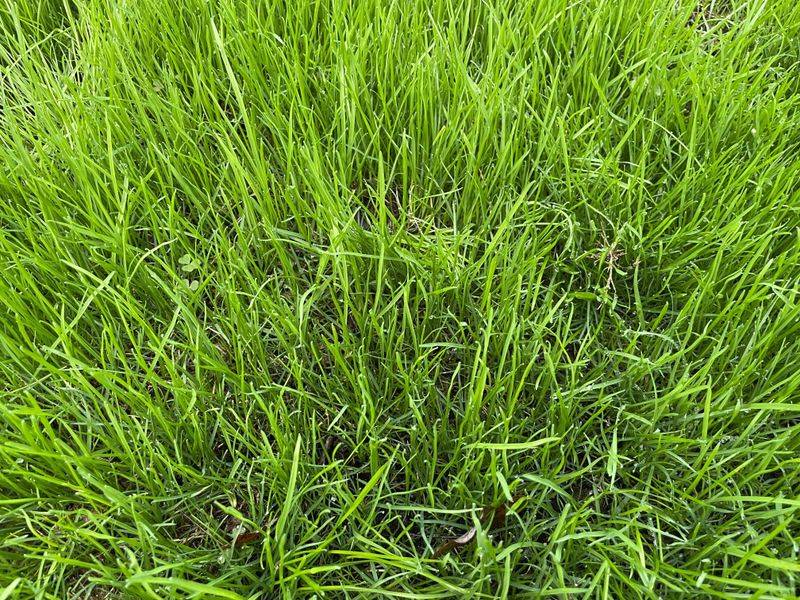
Fertilizers encourage top growth—the green blades you see above ground in your Illinois lawn. They push grass to grow taller and thicker quickly. But they don’t do much for strengthening the root system underneath your yard.
Soil conditioners focus on what’s happening below the surface. They create loose, oxygen-rich soil that lets roots spread deeper and wider throughout Illinois lawns. Stronger roots mean grass that survives drought, disease, and heavy foot traffic better.
9. Water Retention Capabilities
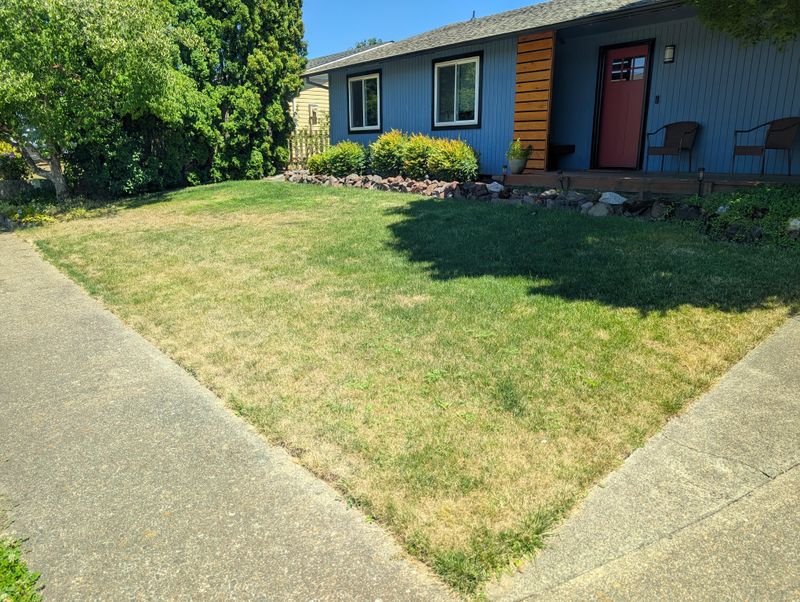
Fertilizers don’t help your Illinois lawn hold onto water. They might make grass grow faster, which actually increases water needs during dry spells. You’ll find yourself watering more frequently to keep that fertilized grass looking good.
Soil conditioners dramatically improve moisture retention in Illinois yards. They act like tiny sponges, holding water in the root zone longer. This means less frequent watering, lower bills, and grass that stays greener during typical Midwest dry periods.
10. Compatibility with Illinois Clay Soil
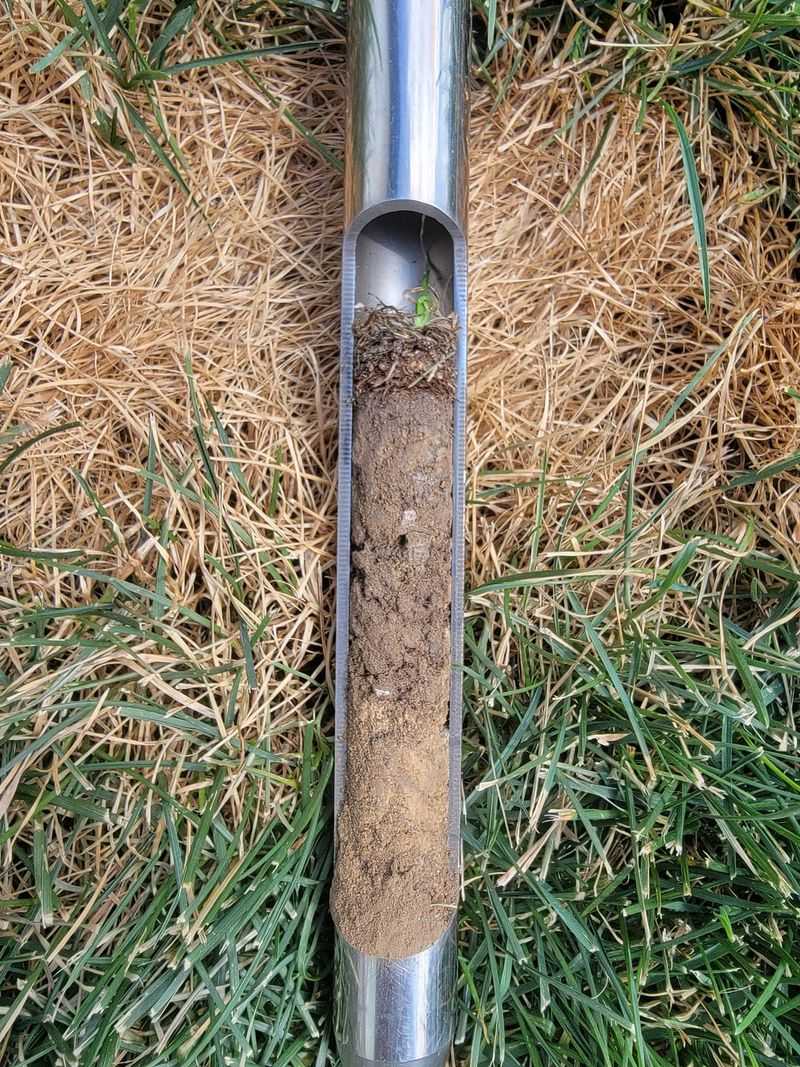
Fertilizers work on any soil type across Illinois, but they won’t fix underlying clay problems. Heavy clay stays dense and poorly drained no matter how much fertilizer you dump on it. You’re just feeding grass struggling in bad conditions.
Soil conditioners shine in Illinois’s notorious clay soil. They break apart tight clay particles, creating space for air and water movement. Gypsum-based conditioners are especially popular here for tackling our region’s challenging clay-heavy yards effectively.


